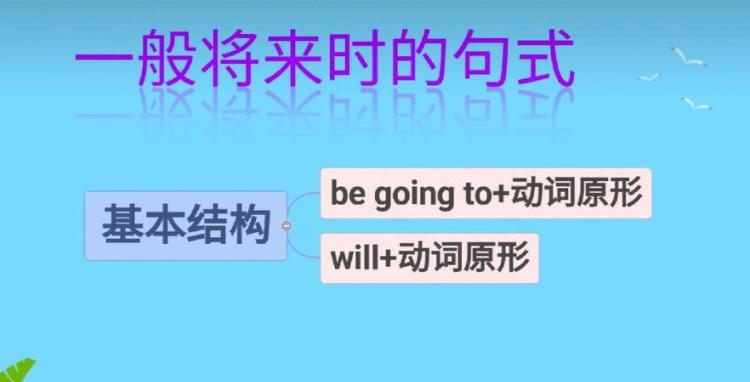一般将来时是英语语法中的一个重要时态,用于描述将要发生的事情或预测未来的情况。它通常使用"will"或"shall"加上动词的原形,并可以与时间状语连用以更准确地描述未来的事情。此外,一般将来时还可以用来表示承诺、威胁、意愿、请求等。学习并正确运用一般将来时对于提高英语口语和写作能力有很大的帮助。

- I will go to the store tomorrow. (我明天会去商店。)
- She shall finish her homework before dinner. (她将在晚餐前完成她的家庭作业。)
一般将来时也可以与时间状语连用,以便更准确地描述将来发生的事情。例如:
- They are going to the beach next weekend. (他们下周末将去海滩。)
- I will call you later this afternoon. (我将在今天下午晚些时候给你打电话。)
此外,在英语中,一般将来时还可以用来表示承诺、威胁、意愿、请求等表达方式。例如:
- I promise I will be there on time. (我保证我会准时到达那里。)
- If you don't stop bothering me, I will call the police. (如果你不停止骚扰我,我会报警。)
- I hope I will be able to visit London someday. (我希望有朝一日能够拜访伦敦。)
- Could you please pass me the salt? I will be grateful. (你能把盐递给我吗?我会很感激的。)

